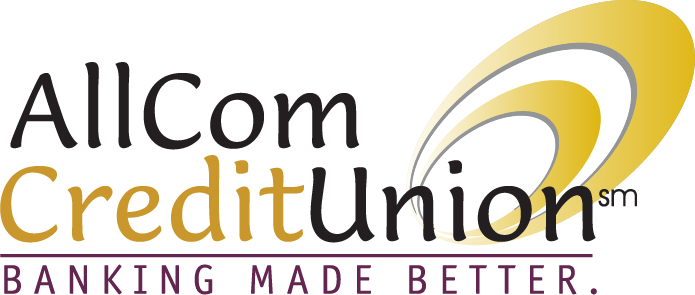Creating and maintaining a budget is one of the best ways to stay on track with your financial goals. With inflation on the rise, it may be time to take a second look at your budget and make some adjustments. The budget you previously created may no longer be realistic. These tips will put you on your way to staying financially secure during periods of inflation.
Start by tracking your spending
A budget is essential in setting guidelines for how much you should spend on certain categories (housing, food, transportation, etc.) Be sure to actively track all of your spending to see where your money is going. This will allow you to see how well your budget stacks up to the reality of how you actually spend.
This is especially important during periods of high inflation, as the budget you initially created may no longer be realistic. Higher prices of groceries and gas may mean you need to cut expenses elsewhere. See where you have room to give and take within your budget.
Research inflation rates per category
Inflation is often discussed in a broad sense, in terms of the overall amount all goods and services are going up in price. While this number can be useful, it’s not always meaningful when it relates to your personal finances. Inflation often varies significantly across different categories.
What matters is the inflation rate of what you personally spend money on. For example, if you have children that are getting ready to go off to college, the inflation rate of higher education is extremely relevant to you, whereas it’s not relevant to someone without children.
Other spending categories are relevant to everyone. Rising food prices is going to impact your budget, regardless of your personal situation. Some inflation can also cause a ripple effect as well, regardless of your personal use. For example, increasing gas prices will cause many other price increases due to higher transportation costs.
Assess your needs vs wants
If inflation is making money tight, evaluate your spending to determine what can be considered a need versus a want. While you can’t cut out clothing out of your budget entirely, you can evaluate whether a purchase is being made out of a practical need for that item or as a fashion statement.
One popular method of allocating spending towards needs and wants is the 50/30/20 budget. Aim to spend about 50% of your income on needs (housing, food, transportation, etc.), 30% on wants (entertainment, travel, etc.) and 20% on savings. Keep in mind these are general guidelines, not hard rules. If you aren’t able to keep needs under 50%, that’s okay!
Prepare for inflation
While inflation is inevitable, the impact it has on your financial goals is all a result of how you prepare for it! Taking steps to reduce the impact inflation will have on you for the years to come is a great way to set yourself up for financial success. Here are a few of the top ways to do that.
Focus on the big expenses
Housing, food, and transportation are typically the biggest expenses in people’s budget. Finding ways to reduce those is going to help the most.
Housing: Becoming a homeowner is a great way to prepare for inflation in the long-run, but isn’t a feasible immediate solution for everyone. Finding a cheaper apartment, finding roommates, or reducing utility usage are all great options as well.
Food: We all need food, and neglecting your nutritional needs should never be considered a viable option. Instead, pay close attention to where your meals are coming from and see if there are ways to cut back on costs. Perhaps you can shop at a more affordable grocery store, buy store-brand ingredients, and eat out less.
Transportation: Going car-free and using public transportation to get around is a great cost-saving idea in theory, but that may or may not be realistic, depending on where you live. If it’s not, you can still shop around for cheaper car insurance and refinance your auto loan. It might even make sense to switch to a hybrid or electric vehicle to reduce fuel costs long-term.
Start buying in bulk
For a less drastic step, buying in bulk is a great way to save. This works well for non-perishable consumables that you know you’re going to use up eventually: Toilet paper, paper towels, laundry detergent, dish soap, etc. When you add up the potential savings of buying all these items in bulk, the total amount saved ends up being a lot higher than you might expect!
Buying groceries in bulk is also something to consider. Even if you don’t have a large family, many ingredients and meals can be frozen for later use or leftovers. Items like beans, rice and canned goods can be safely stored in your pantry for a long time.
Buy reusable and well-made goods
Not only are reusable and well-made goods better for the environment, they’re better for your wallet too! While it’s sometimes more expensive to purchase these types of goods upfront, the payoff is you don’t have to replace them nearly as often. For example, a $100 pair of shoes that lasts for over a year is better than a $30 pair of shoes that only lasts a couple of months.
Don’t forget the income side of the equation
Discussions around budgeting and inflation naturally revolve around expenses – how to reduce them, how much more you’ll need to pay for items, etc. While this is all important, sometimes it’s not enough. Thankfully, periods of inflation can also be great opportunities to increase your income.
Increasing your income is more easily said than done, but staying on the lookout for new opportunities and ways to earn additional income on top of your regular job can go a long way to reducing the financial stress inflation can bring.











